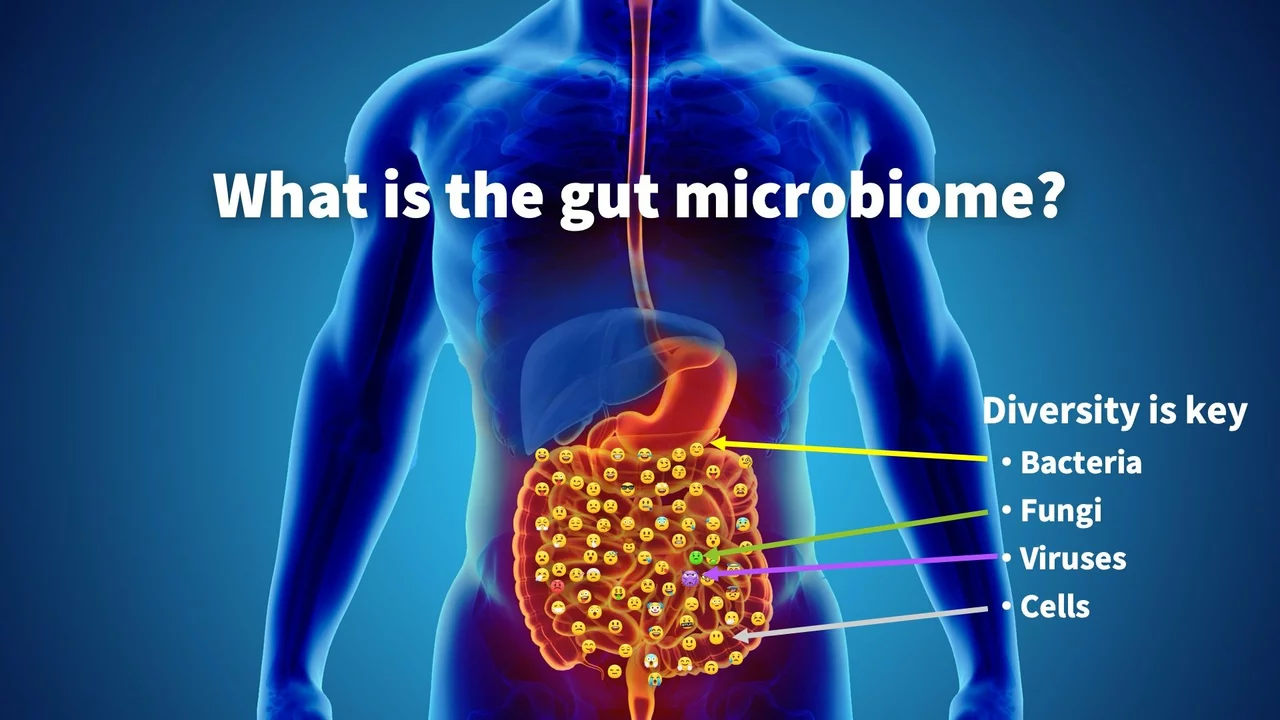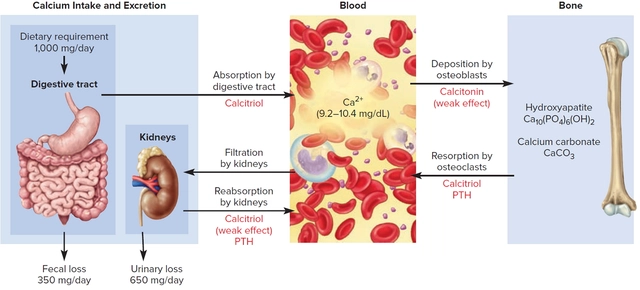Balanced Gut Microbiome: Clear, Practical Ways to Feel Better
Your gut contains trillions of microbes that affect digestion, mood, immunity, and even sleep. When those microbes are out of balance you may notice bloating, irregular stools, sugar cravings, brain fog, or more frequent colds. The good news: small daily changes usually make a big difference.
Simple daily habits to restore balance
Eat more plants. Aim for a wide mix of vegetables, fruits, nuts, seeds, and whole grains across the week. Different plants feed different bacteria — diversity matters. A realistic goal: try 20–30 distinct plant foods over a week.
Choose fiber-rich and prebiotic foods. Foods like onions, garlic, leeks, asparagus, bananas, and oats feed beneficial bacteria. If you struggle with volume, add a tablespoon of ground flaxseed or cooked lentils to a meal.
Use fermented foods. Yogurt, kefir, sauerkraut, kimchi, and miso introduce live microbes and can help digestion. Start with small portions (a few tablespoons) if you’re not used to them to avoid bloating.
Limit sugar and ultra-processed food. High-sugar diets encourage less helpful microbes. Swap sugary snacks for whole-food options: fruit, nuts, or a plain yogurt with berries.
Move regularly and sleep enough. Exercise and consistent sleep patterns both support a healthy microbiome. You don’t need marathon training — a brisk 30-minute walk most days helps.
Avoid unnecessary antibiotics. They wipe out good bacteria along with bad ones. If you must take antibiotics, talk to your clinician about rebuilding gut flora afterward with diet or a targeted probiotic.
Hydrate and chew. Proper hydration and slower, mindful chewing aid digestion and help good bacteria thrive.
Probiotics, supplements, and when to ask for help
Probiotics can help but aren’t one-size-fits-all. Pick strains studied for your issue: for diarrhea look for Saccharomyces boulardii or Lactobacillus rhamnosus; for IBS, certain Bifidobacterium blends can help. Use products from reputable brands and check dose (CFU) on the label. Talk to your doctor if you’re immunocompromised before starting any live supplement.
Prebiotic supplements like inulin or FOS can boost beneficial bacteria, but they sometimes increase gas. Start low and go slow. Psyllium can improve stool consistency and also feed microbes indirectly.
See a clinician if symptoms are severe or new: unexplained weight loss, blood in stool, recurrent fevers, or persistent pain. Ask about stool tests, breath tests for SIBO, or referral to a gastroenterologist. For complex cases, targeted therapies like prescription diets or specialist-directed treatments may be needed.
Small, consistent changes beat quick fixes. Swap one processed snack for a plant-based option, add a fermented side to dinner a few times a week, prioritize sleep, and check with your provider before starting antibiotics or supplements. Those steps often restore balance and make your gut — and you — feel better fast.
 9 May 2023
9 May 2023
Bloating after a meal: the importance of a balanced gut microbiome
I recently explored the topic of bloating after a meal, and discovered that a balanced gut microbiome plays a crucial role in preventing this uncomfortable sensation. It turns out that the right balance of good and bad bacteria in our gut helps break down food efficiently and reduces gas production. Not only does a healthy gut microbiome aid in digestion, but it also supports our overall well-being. Incorporating probiotics and prebiotics in our diet can help maintain this delicate balance. So, the next time you feel bloated after a meal, remember to consider the importance of a balanced gut microbiome for better digestion and health.
Latest Posts
-

Lansoprazole and its impact on vitamin and mineral absorption
-

Socialization in Infancy: Why It Matters and How to Build Early Relationships
-

The Impact of Diabetes Type 2 on Bone Health: Preventing Osteoporosis
-

High Cholesterol: Understanding Hypercholesterolemia and Managing Your Risk
-

Buy Cheap Generic Lexapro Online - Guide to Safe & Affordable Options

9